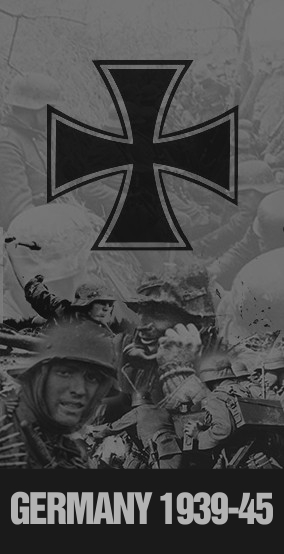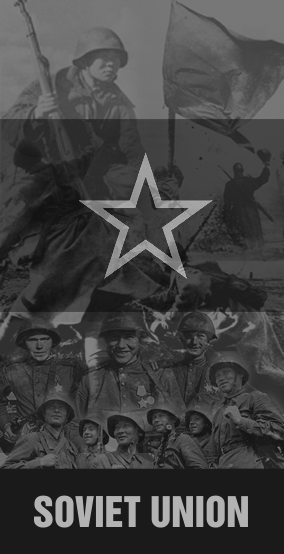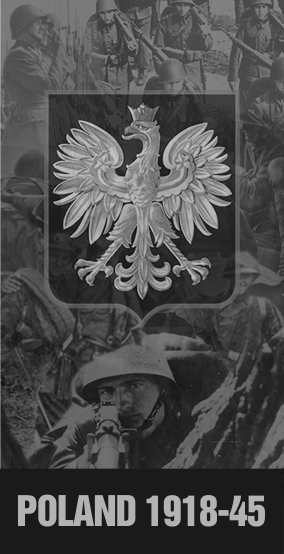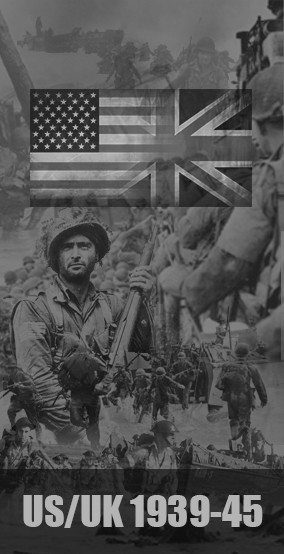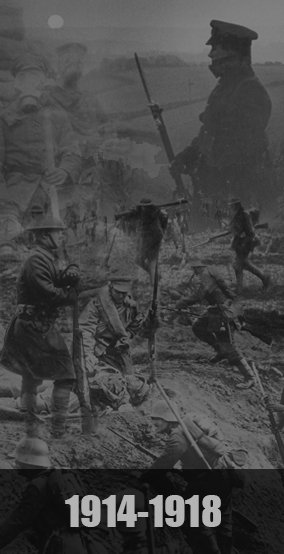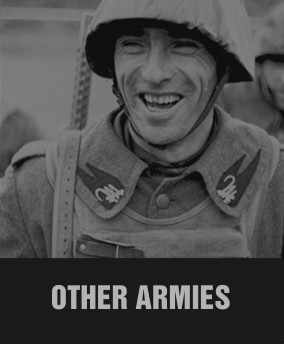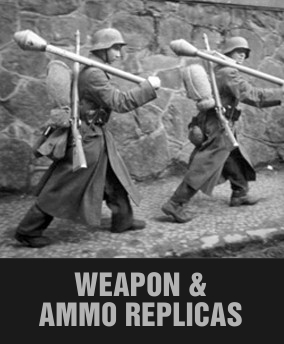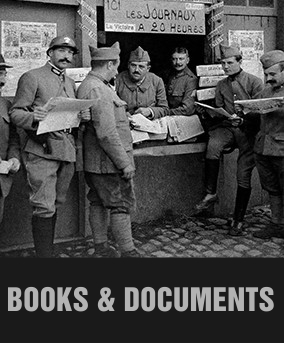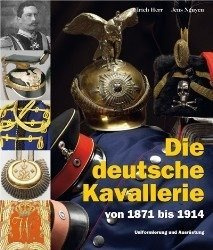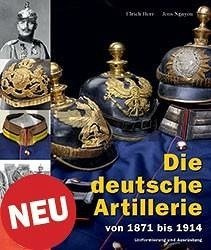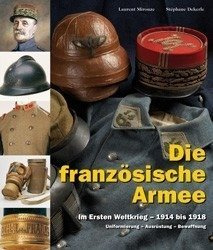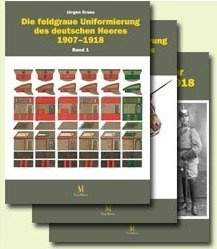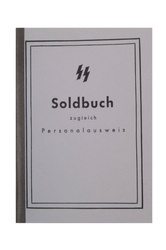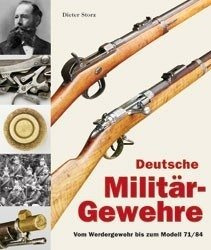A comprehensive work on German army in years 1871 - 1914. The book has 864 pages, illustrated with over 2100 photos. Two volumes bound in linen, additional protective cover. Gallery below shows example pages from the book.
Written by: Ulrich Herr, Jens Nguyen
ISBN: 978-3-902526-22-9 (German) or 978-3-902526-23-6 (English)
Weight: 5,30 kg
Issue info: 864 pages, over 2100 colour photos, including present-day photos and illustrations, bound in linen. Size: 29.5 x 26.0 cm.
- Book is published by Verlag Militaria, highly appreciated military history publishing house.
- We send the book in 14 days after receiving the payment.
ITEM DESCRIPTION IN ENGLISH
This two-volume, 864 page work gives the first complete and almost uninterupted picture of the development of the uniforms worn by the German Infantry, from the birth of the Empire in 1871 to the eve of World War I in 1914, with detailed descriptions and illustrations. Due to the huge array of headgear, uniforms and equipment, the book is published in two volumes with a slipcase, making it the largest publication from the Verlag Militaria to date. The two volumes illustrate the development of the uniform, starting with the Prussian Army, and covering the integration of the other contingents, the Saxon Army, the Wurttemberg Army Corps and finally the Bavarian Army, using around 1,600 colour photographs and 500 contemporary black-and-white photographs, with sources and newly researched archive material. Naturally, a work on this subject would not be complete without special units and elite formations, so the uniforms of the Jäger and Schützen are also included.
For the first time, the publishing house and the Bayerische Armeemuseum in it’s function as editor were able to enlist the help of notable military museums in Germany who co-operated on the book. The Bayerische Armeemuseum in Ingolstadt, the Deutsches Historisches Museum in Berlin, the Wehrgeschichtliches Museum Rastatt and the Militärhistorisches Museum der Bundeswehr in Dresden opened their depots and allowed an unsuspected and largely unknown body of headgear, uniforms and equipment to be photographed. The use of these and other, private, collections made it possible, for the first time, to present an almost complete picture of the development of German infantry equipment and uniforms.
Personal items of uniform owned by Emperors Wilhelm I and Wilhelm II, the Prussian Crown Prince, the King of Bavaria and other well-known persons, along with the headgear and uniforms of the common infantryman, are used to illustrate the splendid and colourful diversity of the German infantry regiments up until First World War. Also included are clear tables to guide the reader through the, seemingly complex, variety of infantry units in the various contingents. This superbly illustrated edition is not only a MUST for all military collectors; it should be in the library of anyone interested in this period of history.
ITEM DESCRIPTION IN GERMAN
In diesem zweibändigen, 864 Seiten umfassenden Gesamtwerk wird zum ersten Mal die gesamte Entwicklung der Unformierung der deutschen Infanterie – von der Reichsgründung 1871 bis zum Vorabend des Ersten Weltkriegs 1914 – umfassend und nahezu lückenlos beschrieben und dargestellt. Aufgrund der Vielzahl von Kopfbedeckungen, Uniformen und Ausrüstungsstücken wird dieses Gesamtwerk in zwei getrennten Bänden mit Schuber herausgegeben, und stellt somit den gewichtigsten Prachtbildband des Verlags Militaria dar.
Mit insgesamt rund 1600 Farbfotos und 500 zeitgenössischen Schwarzweiß-Bildern wird – angefangen vom preußischen Heer über die darin integrierten Kontingente, der sächsischen Armee, dem württembergischen Armeekorps bis hin zur bayerischen Armee eine noch nie zusammengefasste Entwicklung bearbeitet und durch Sach- und Fotoquellen wie auch teilweise bisher unbekannte Archivquellen untermauert. Da innerhalb einer solchen Gesamtschau die Jäger und Schützen wie auch die verschiedenen Maschinengewehr-Formationen nicht fehlen dürfen, sind auch diese Spezial- bzw. Eliteeinheiten der Infanterie gebührend berücksichtigt.
Zum ersten Mal ist es dem Verlag und dem Bayerischen Armeemuseum Ingolstadt als Herausgeber geglückt, die namhaftesten militärhistorischen Museen Deutschlands für eine Zusammenarbeit zu gewinnen und in einem Buch zu vereinen. So öffneten das Bayerische Armeemuseum in Ingolstadt, das Deutsche Historische Museum in Berlin, das Wehrgeschichtliche Museum Rastatt und das Militärhistorische Museum der Bundeswehr in Dresden ihre Depots, um ihre ungeahnten und zumeist vorher noch nie öffentlich gezeigten Bestände an Kopfbedeckungen, Uniform- und Ausrüstungsstücken fotografieren zu lassen. Erst diese Öffnung von staatlichen Sammlungen, ergänzt durch exzellente Spezialsammlungen von privater Hand ermöglicht es, ein nahezu lückenloses Bild von der Entwicklung der deutschen Infanterieausrüstung und -uniformierung in vollem Umfang nachzuzeichnen.
Persönliche Uniformstücke von Kaiser Wilhelm I. und Wilhelm II., dem preußischen Kronprinzen, dem Bayerischen König sowie anderer namhafter Persönlichkeiten, aber auch die Kopfbedeckungen und die Bekleidung des einfachen Infanteristen führen dem Leser die Farbenpracht und Vielfalt der deutschen Infanterieregimenter bis kurz vor Ausbruch des Ersten Weltkrieges anschaulich vor Augen. Übersichtlich Tabellen erleichtern dem Leser die Orientierung in der – scheinbar kompliziert erscheinenden – Vielfalt der unterschiedlichen Infanterie-Truppenteilen der verschiedenen Kontingente. Dieses Gesamtwerk ist nicht nur ein unverzichtbares MUSS für jeden Militariasammler, sondern sollte in keiner Bibliothek eines zeitgeschichtlich Interessierten fehlen.


